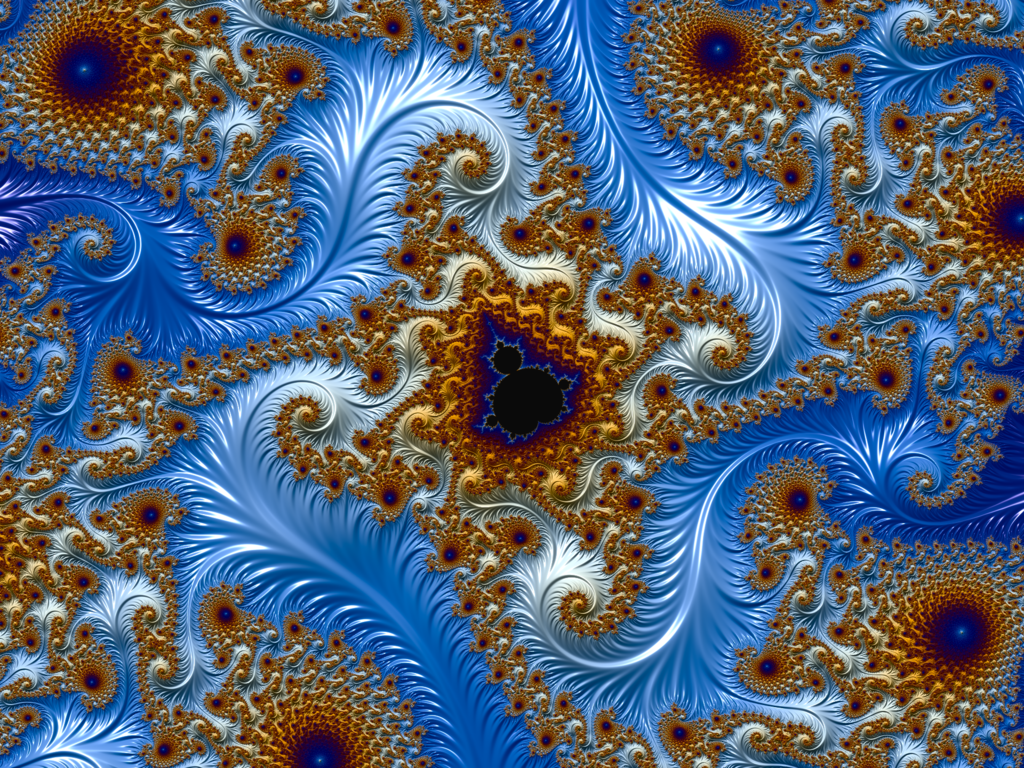The Second Law of Thermodynamics is an exceptionally simple statement, yet has profound implications for the evolution of the universe. Despite it’s simple form however, it seems that there are many misconceptions that people have about what it really means.
In a discussion I had with someone recently, it was claimed that the Second Law of Thermodynamics makes the development of planets and stars and life an impossibility. Their argument however rested on a fundamental mistake they had made in their statement of the Second Law.
Here’s an excerpt of the original argument:
“Further it struggles with the law of entropy, which states that everything tends to progress from order to disorder. Creating whole galaxies, stars, planets and so on is definitely a progression towards order, rather than away from it.”
To which I replied:
“It’s no issue that we see order in the universe despite the second law, because systems like planets and stars and galaxies are not closed systems. It’s only in a closed system where entropy has to increase. The universe is a closed system and so it’s entropy is on the whole increasing, but it’s not an issue that there are small spots in it that are becoming more ordered. In fact, entropy actually increases faster when there are ordered things around. Despite the sun having more order, it is far outweighed by the rate at which the Sun produces entropy in the form of heat. In it’s lifetime a Sun will produce far more net entropy than if it did not exist.”
The response I received was:
“As for the second law, it appears you have arbitrarily redefined it. The 2nd law of thermodynamics dictates that entropy increases everywhere within the system. It does not go the other way without outside influence. Adding energy won’t help because, without guidance, adding energy increases disorder.”
The Misunderstanding in a Nutshell
The key misunderstanding here is that the Second Law states that entropy must always increase. This is simply not a correct statement of the Second Law. The Second Law dictates that in a closed system, entropy must always increase or stay the same.
The only truly closed system in the universe is the universe itself, and so the entropy of the universe as a whole must be increasing, but it is no contradiction to the Second Law if entropy is decreasing in certain parts of the universe, like on the Earth.
To be even more precise, the Second Law is not a definite law anyway – it is a statistical one. Entropy does not have to increase in a closed system, it’s just fantastically unlikely that it will decrease.
Imagine a a container with two chambers connected by a small door, and a mixture of green and red balls:

The lowest entropy state of this system (the most ordered it can be) is if all the green balls are in one chamber, and all the red balls are in the other.
Now if these balls are moving and bouncing around in this container, it is very unlikely that entropy will decrease and that all the red balls will end up in one chamber, and all the green balls in the other – but it’s not impossible!
If we had billions of these chambers, we might expect that in one of them the entropy did in fact actually decrease.
Applying this to the universe, it’s not surprising that in such a vast universe there are spots where entropy appears to have decreased – the Solar System and the Earth for example.
The Second Law thus provides no difficulties for the existence of complex, ordered life on a planet such as Earth. The Second Law means that it’s probably very unlikely that this happens often, but given the vastness of the cosmos we should not be surprised that it has happened.


Well thought out and explained. I totally agree.
LikeLiked by 1 person